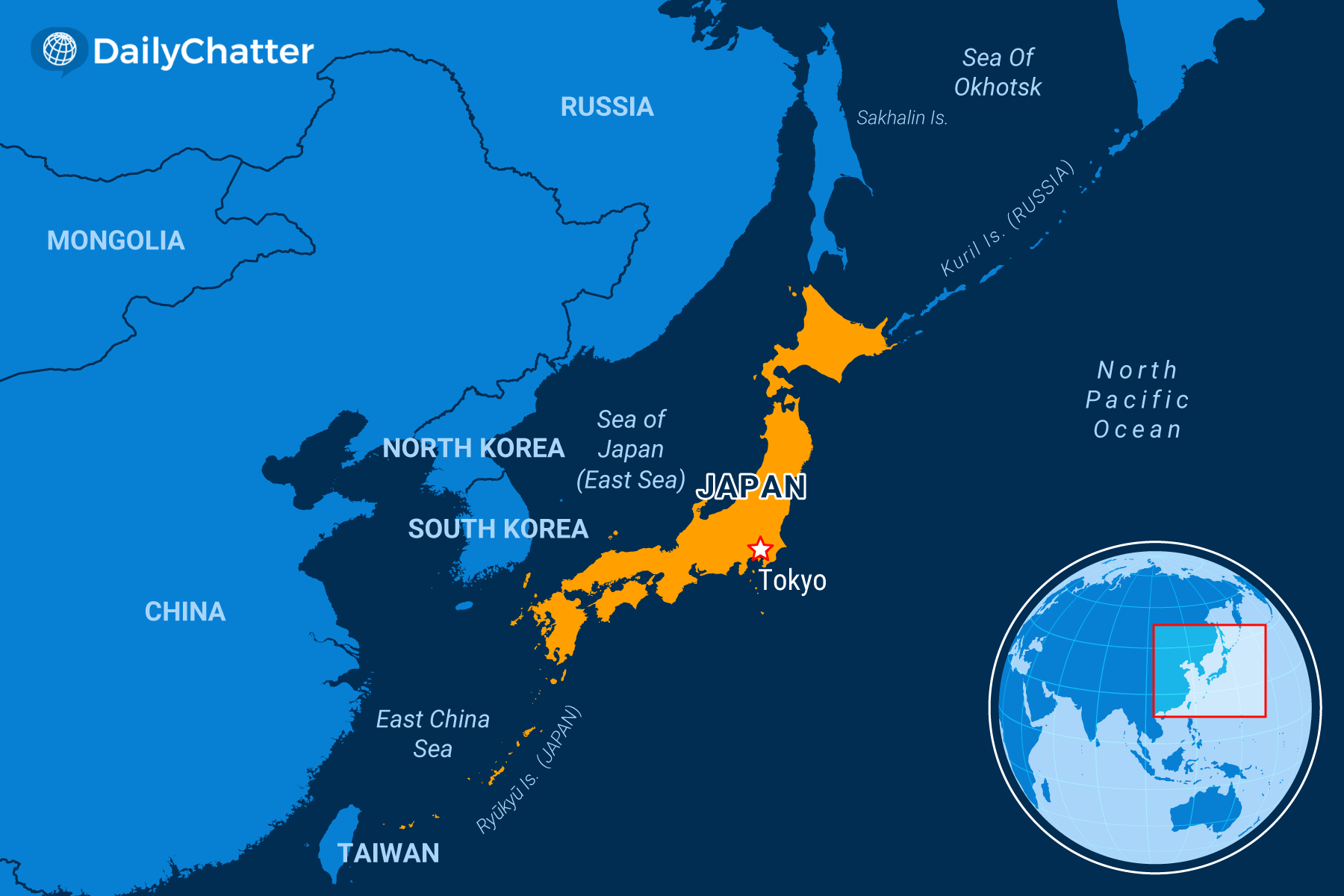The Reckoning

Japanese authorities sterilized children as young as nine and used deception to carry out procedures on individuals with disabilities, according to a new parliamentary report on Japan’s now-scrapped eugenics law, Kyodo News reported this week.
The 1,400-page document was released last week following a parliamentary investigation into the eugenics law that operated between 1948 and 1996.
After World War II, Japanese lawmakers passed the legislation in an effort to slow population increase amid food shortages. The law allowed authorities to sterilize people with intellectual disabilities, mental illnesses or hereditary disorders to prevent the birth of “inferior” offspring.
The report found that nearly 25,000 people were subjected to sterilization, which included radiation exposure and uterus removal. It added that sterilization was a condition for admission at some welfare facilities or for marriage.
But the findings also showed that the reasons and circumstances behind the surgeries are unknown. It added that some people were sterilized without their consent and that authorities were permitted by Japan’s welfare ministry to use deception in sterilizing people, such as telling them the procedure was aimed at treating an illness.
Following the report’s publication, Chief Cabinet Secretary Hirokazu Matsuno said the government “sincerely reflects on and deeply apologizes for” the fact that many people suffered from this policy.
He added that the government is considering further action.
The probe began in 2020 following calls by victims and human rights groups for an investigation into the law’s discriminatory practices. In 2019, parliament enacted a law to pay $22,000 in compensation to each person who underwent forced sterilization.
Surviving victims and their lawyers welcomed the report but questioned some of its shortcomings, such as the exact reason behind the law’s enactment.
Meanwhile, victims’ advocates have also questioned if the state compensation was “appropriate,” with some plaintiffs suing the central government to increase the amount.

Subscribe today and GlobalPost will be in your inbox the next weekday morning
Join us today and pay only $32.95 for an annual subscription, or less than $3 a month for our unique insights into crucial developments on the world stage. It’s by far the best investment you can make to expand your knowledge of the world.
And you get a free two-week trial with no obligation to continue.
